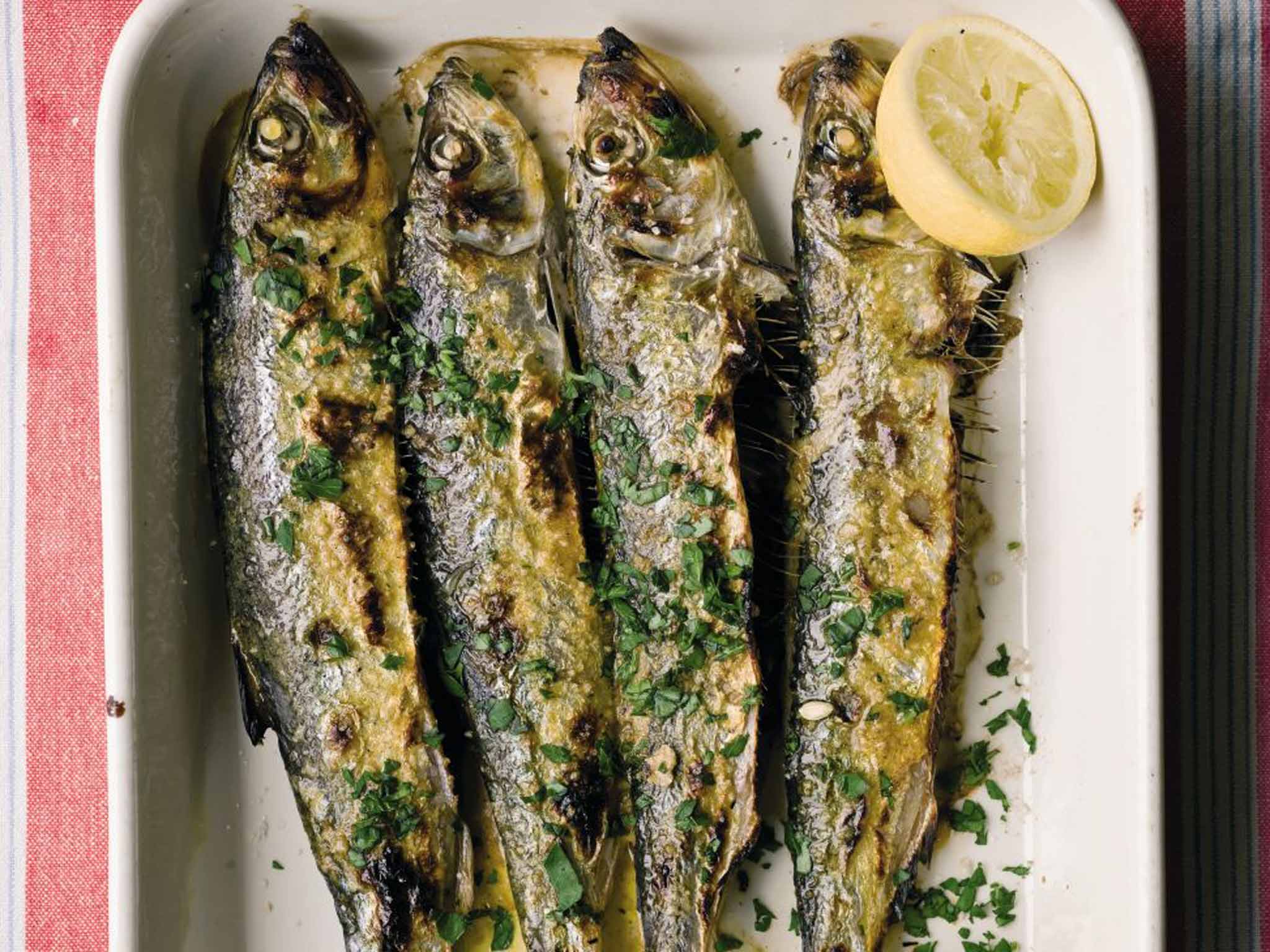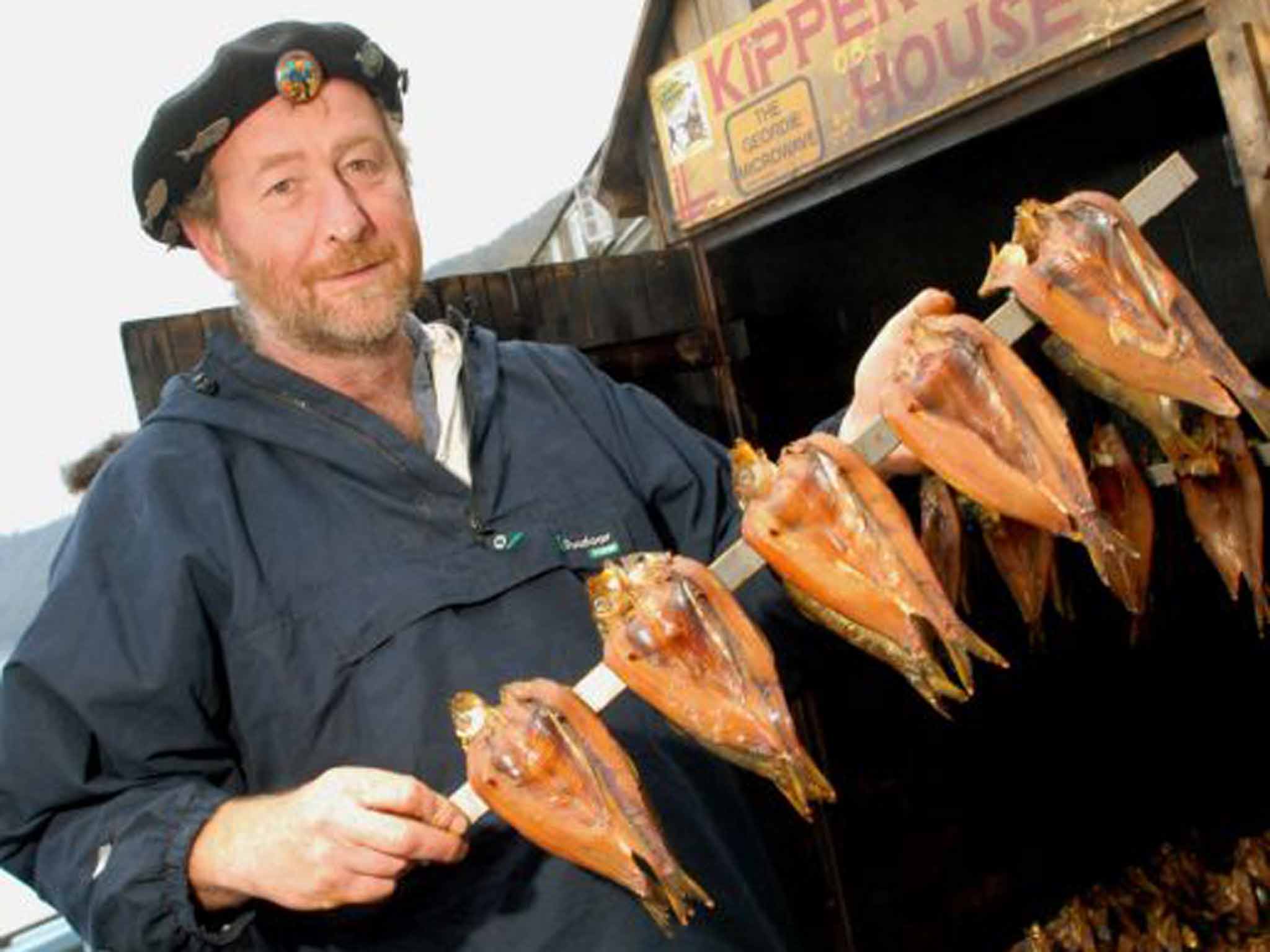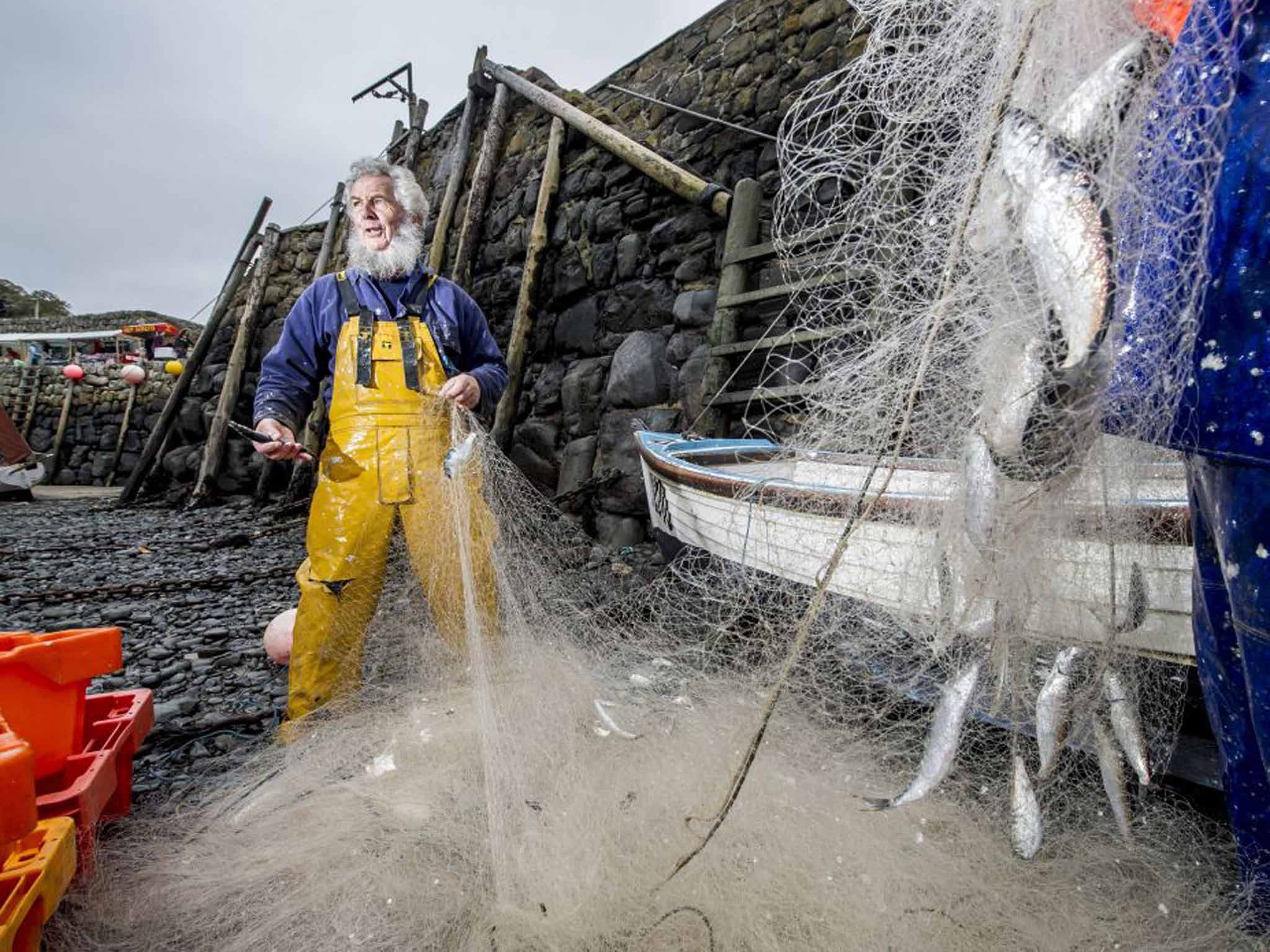From herring roe custard to kipper pâté: One of our cheapest fish is among the most versatile
This month is the beginning of the herring season, and as a new generation of consumers discovers this traditional British fish, Sophie Morris explores its rich history and meets the people charged with safeguarding its future

Your support helps us to tell the story
From reproductive rights to climate change to Big Tech, The Independent is on the ground when the story is developing. Whether it's investigating the financials of Elon Musk's pro-Trump PAC or producing our latest documentary, 'The A Word', which shines a light on the American women fighting for reproductive rights, we know how important it is to parse out the facts from the messaging.
At such a critical moment in US history, we need reporters on the ground. Your donation allows us to keep sending journalists to speak to both sides of the story.
The Independent is trusted by Americans across the entire political spectrum. And unlike many other quality news outlets, we choose not to lock Americans out of our reporting and analysis with paywalls. We believe quality journalism should be available to everyone, paid for by those who can afford it.
Your support makes all the difference.The village of Clovelly, north Devon, is clamped to its sheer hillside overlooking the Bristol Channel, much like a limpet clings to a rock. A cobbled street so steep that no vehicles can navigate it leads down to the harbour. Most of the low cottages that line the way down to the sea are listed, and the entire village is owned by one man, the local squire, John Rous.
Its postcard-perfect outlook draws visitors year round, but this weekend the crowds will come to celebrate the return of the “silver darlings” – herrings. November is the start of the season and the Clovelly Herring Festival is the best of its kind, featuring exhibits on the history of herring and its fishermen as well as a kipper smokery and stalls selling herring every which way: smoked, fresh, marinated, fried.
The legacy of herring in this country is significant. At one time it was an industry that employed a quarter of all coastal communities in the UK. But like so many British catches, herring fell out of favour decades ago. Sales began to dwindle after the Second World War, then a 10-year ban (the result of overfishing and a sharp decline in stock) beginning in the mid-Seventies all but wiped the little fish from our memories, along with decimating the industry. In recent years, the herring has found a new generation of consumers, keen to eat healthy, local, seasonal food and to support a homegrown industry. Sainsbury's reports that sales of fresh herring are up 13.1 per cent year on year, while Marks and Spencer has seen a rise of 10 per cent on sales of its fresh rollmop herrings. Like other oily fish, herring is said to be beneficial for our health and a good source of omega 3 fatty acids and vitamin D.

Maritime historian Mike Smylie is preparing to travel down to Clovelly at the weekend with his Kipperland exhibition, a feast of photographs and information on the history of herring fishing, as well as his portable smokery, where he'll demonstrate how to make a kipper. The fish are split down their backs and opened up so that their bellies are wide open to the pickling and smoking process. Smylie, known as the Kipperman, puts his in a salt pickle for 45 minutes then gives them 16 hours in the smokehouse.
“Herring is the tastiest little fish you'll ever come across,” he says. “All herring smoke up well, from the North Sea herring, which are about 10 inches, to the large Icelandic ones at 12 inches to 14 inches, but the smaller species that comes to Clovelly to spawn measures only around 8 inches and has a really sweet taste.”
The word “kipper” comes from the Dutch for smoking salmon, explains Smylie, but we've come to accept it as the term for a smoked herring. The story goes that the kipper was invented in 1843 by John Woodger in Northumberland. But seeing as people have been smoking fish as long as they've been making fires, it was probably simply that he was the first to butterfly one down its back before smoking. Now, you'll find kippers in most supermarkets and specialist food shops. Waitrose sells the famed Craster kippers from Northumberland and Marks and Spencer has the Scottish Arbroath kippers.

Of the many recipes in Smylie's book Herring: A History of the Silver Darlings, a favourite is the Kipperman's Kipper Paté. Take four herrings, remove the backbones and scrape the flesh into a food processor, not worrying about the smaller bones, which will be smashed up. Add some olive oil, fresh parsley or coriander, the juice of two lemons and blitz, before serving with oatcakes or crostini. Think about the popularity of smoked mackerel and smoked salmon paté; there's no reason for us to neglect this tasty herring spread.
Clovelly's festival on Sunday, now in its ninth year, will commemorate the village's rich herring history. Once a centre for the trade, Clovelly depended on the harvest and records show that in 1749 there were 100 herring boats in the harbour. Today, there are only two herring fishermen left, who use drift nets and long lines. The festival also promotes sustainable fishing and the joys of eating herring.
The existence of these remaining fishermen has been at risk in recent years because the EU called for a ban on all drift nets in order to prevent bycatch, but small fisheries say that this is an issue only for the large boats casting huge nets around the Mediterranean. For now, the ban is on hold, but the future remains uncertain. Smylie recently spoke to Stephen Perham, one of Clovelly's herring fishermen. He goes out in a 16ft picarooner, a traditional wooden boat designed in the 1850s specifically for this kind of fishing, and aims to beat the larger boats to the shoals. The picarooner has no motor, so Perham uses a sail or skulls with one oar, and he caught 2,000 fish on his first outing of the season last week. People will track him down to buy his catch, and any left over will be salted for lobster bait.
In Port Isaac, 40 miles down the coast from Clovelly, the chef Nathan Outlaw buys in stocks of herring from local boats as soon as the shoals appear, so he can have it on the menus at his two Michelin-starred restaurant whenever he chooses. “My favourite way of using herring is pickled and cured,” he says. “At the start of the season I buy about 100kg, which our guys cure and lay down in oil, similar to what you would do with anchovies, and we use them in the restaurant throughout the year.”
He also barbecues herring and, when in season, uses the roe to make a herring roe custard. Herring roe is sometimes called poor man's caviar and it's usually one of the cheapest items on any fish counter. Waitrose currently has Canadian herring roe for £4.99 per kilo, while the cheapest lumpfish caviar is £1.99 for 50g.
For Mike Smylie – Kipperman – our growing taste for herring is confirmation that his life's work has been worth the effort. Clovelly, he says, is the best herring festival in the country. “We don't have many of the them left, and this really is the last bastion of our herring culture.”
Clovelly Herring Festival takes place on 15 November. Clovelly.co.uk
Grilled herring with devilled butter by Mitch Tonks
Serves 2
4 good-sized herrings
Olive oil
Salt
100g soft butter
Half a teaspoon cayenne pepper
1 heaped tablespoon finely chopped parsley
Half a teaspoon ground white pepper
Half a teaspoon ground ginger
Half a teaspoon curry powder
Squeeze of lemon juice
Pre-heat your grill and brush your herrings with a little salt and olive oil. Place under the grill and cook for 5–6 minutes until the skin starts to crisp and bubble.
To make the butter, just combine the remaining ingredients to your taste. When the herrings are cooked, remove them from the grill then dot the devilled butter over the hot fish and allow it to melt.
This dish is wonderful eaten with a bowl of boiled, minted new potatoes.
From 'Fish' by Mitch Tonks (£25, Pavilion Books)
Join our commenting forum
Join thought-provoking conversations, follow other Independent readers and see their replies
Comments